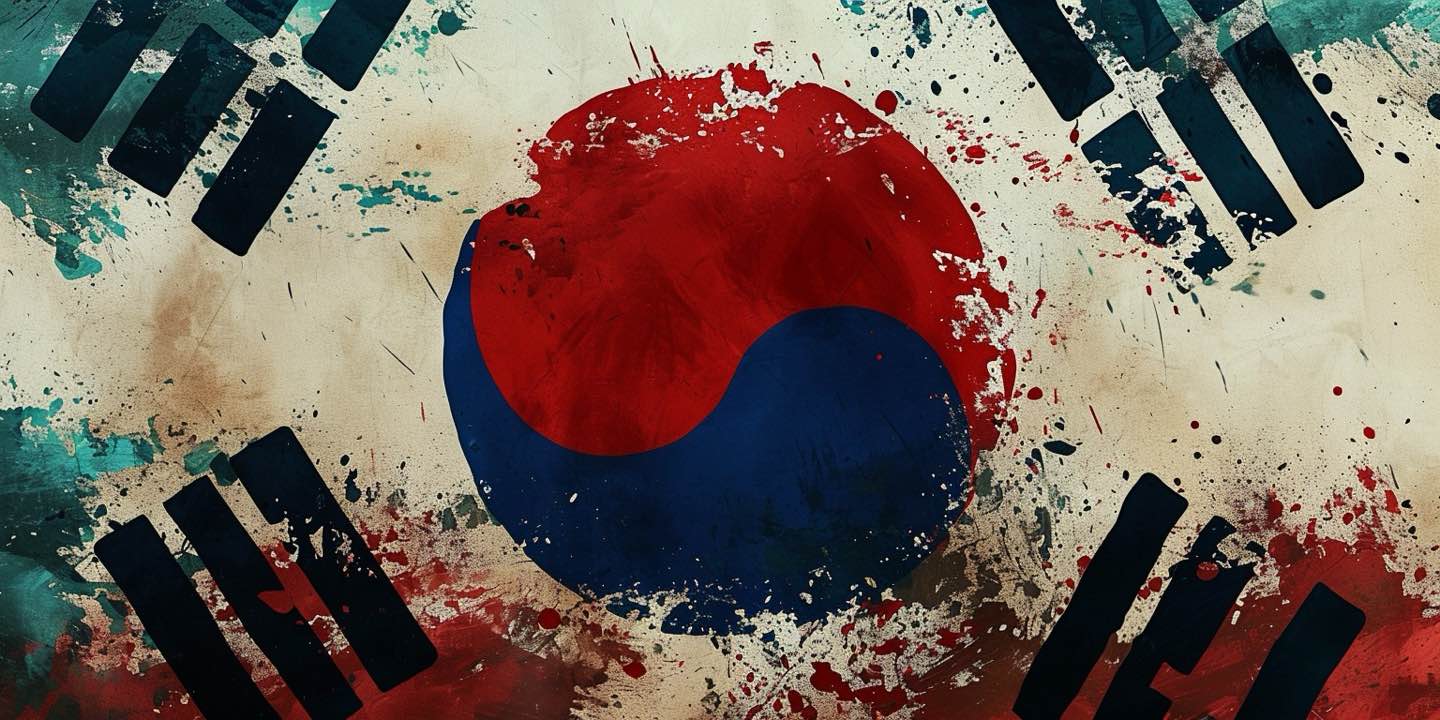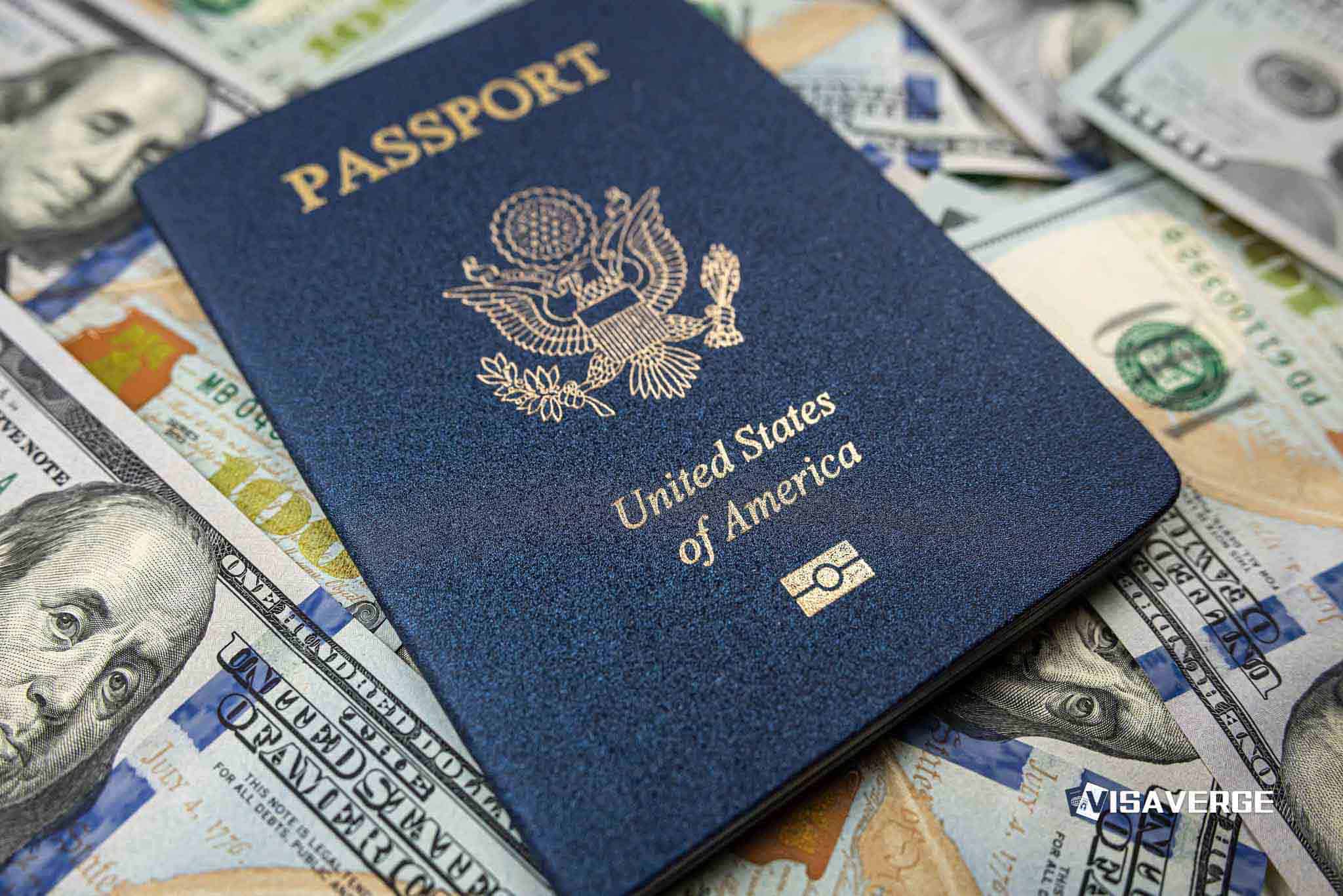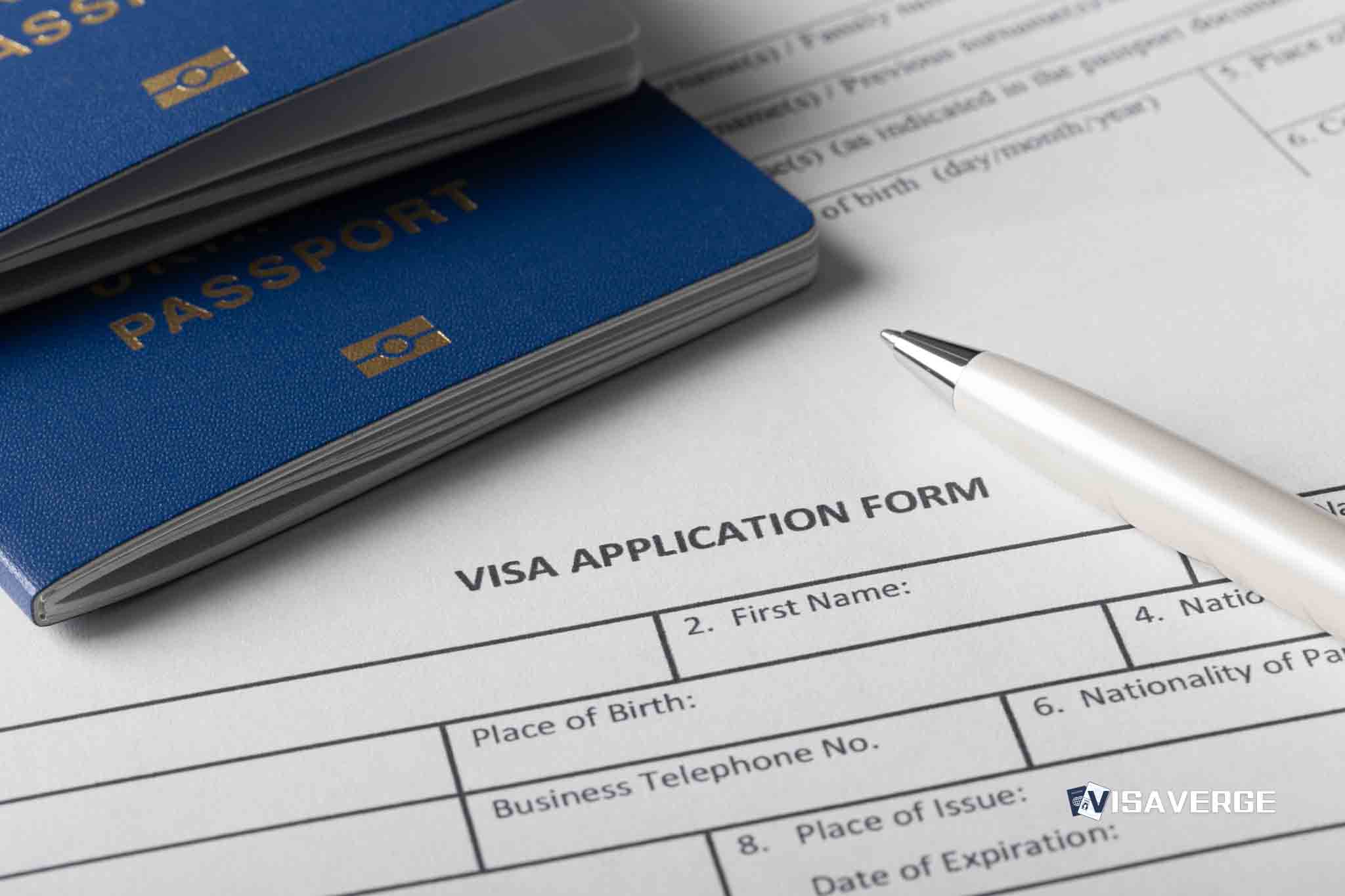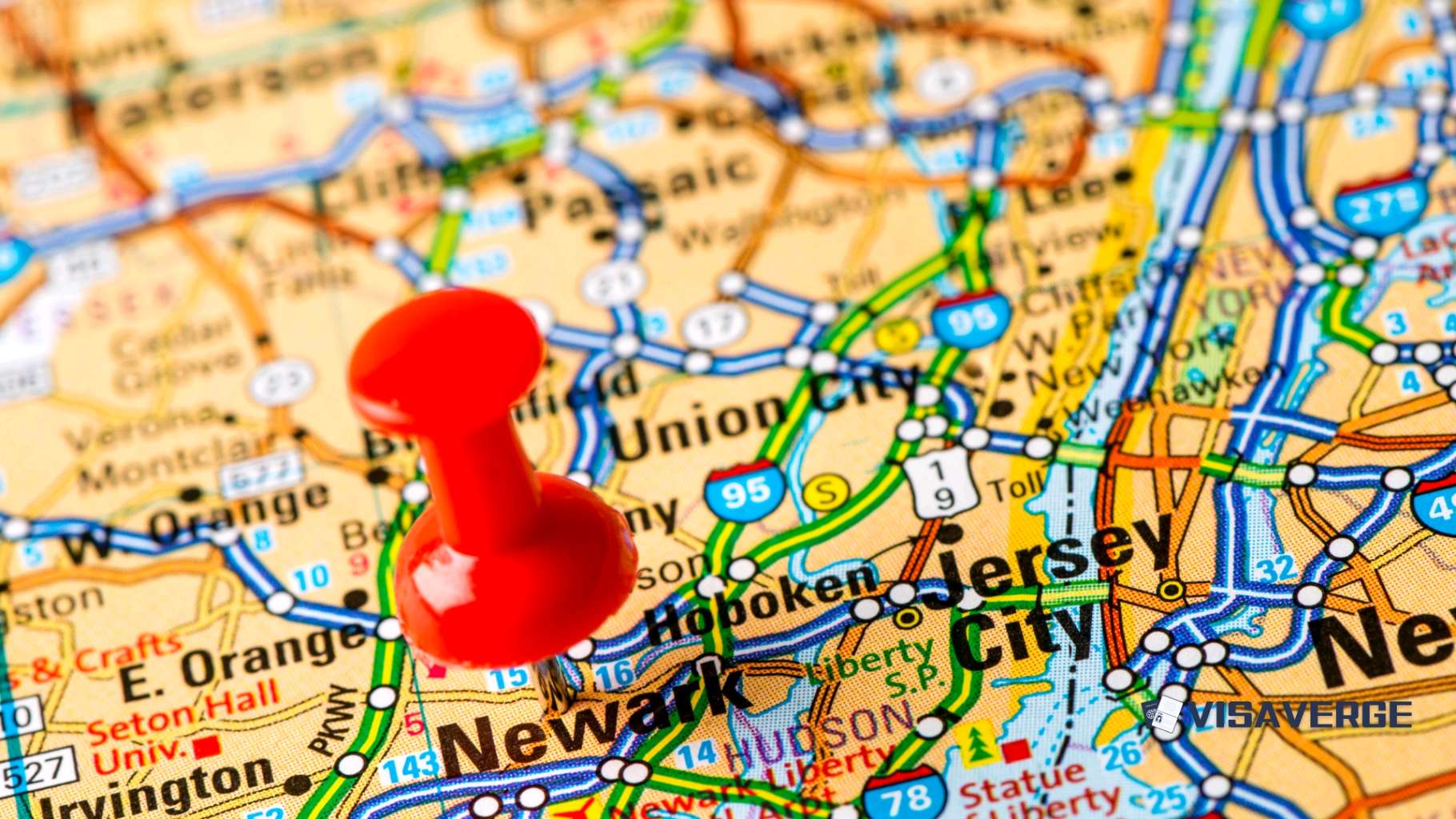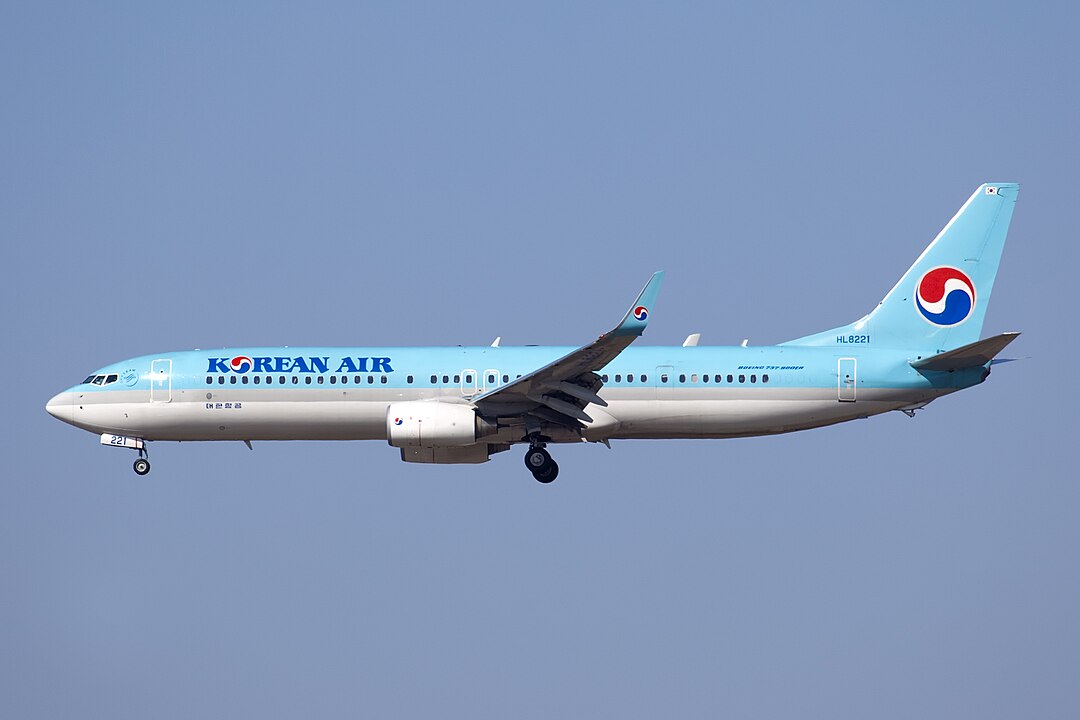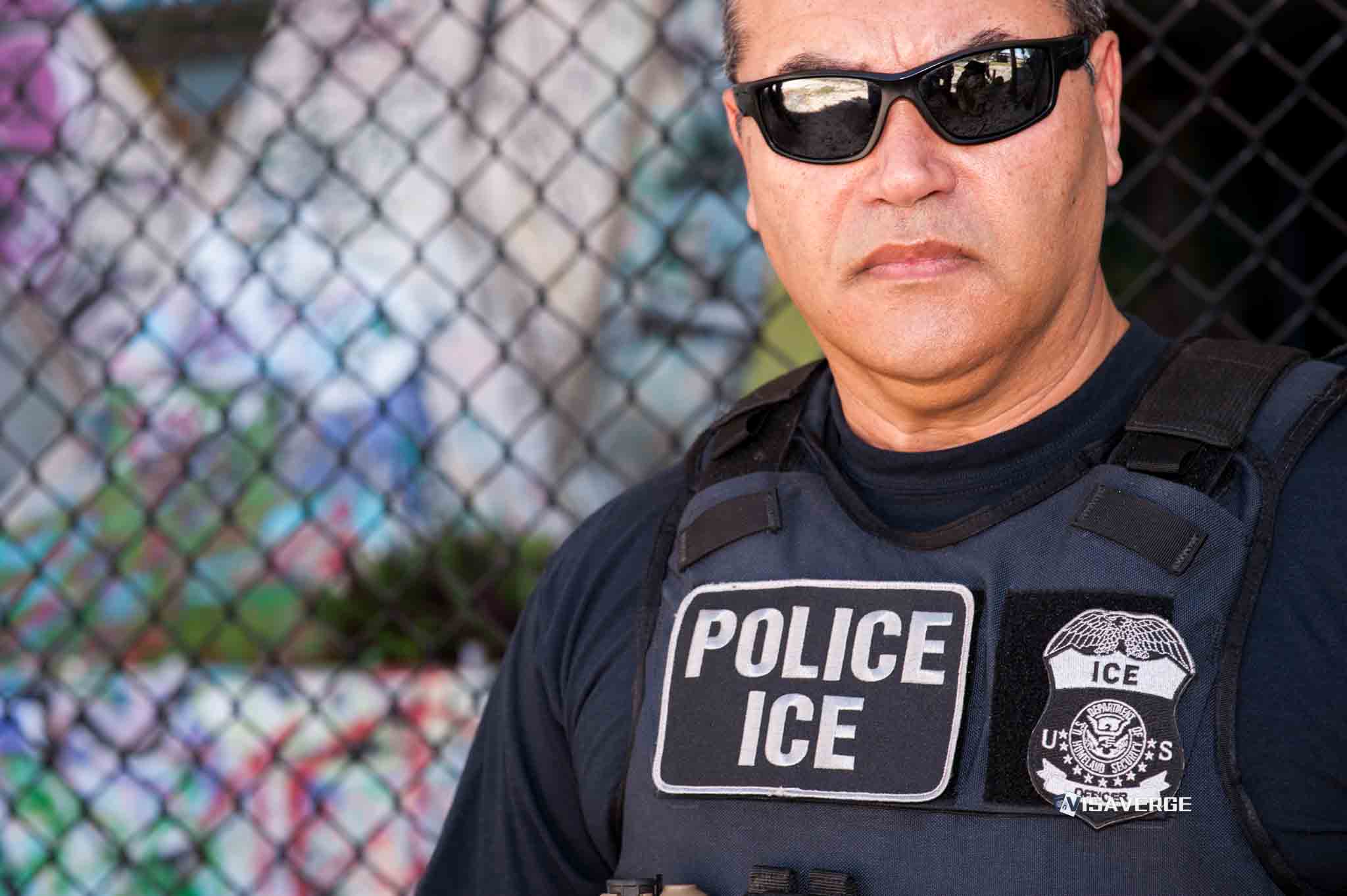Understanding Racism in South Korea’s Thriving Cultural Landscape
Amid the worldwide craze for South Korean dramas and K-pop, a less glamorous issue shadows this cultural success: racism in South Korea. Despite the country’s efforts to attract immigrants to combat an aging workforce, there are frequent reports of racial discrimination that blemish its international image.
The Plight of Immigrants in South Korea
Immigrants, particularly from countries like India, have reported feeling unwelcome due to Indians facing racism in South Korea. A recent disturbing revelation by Nikita Thakur through a video highlighted this issue starkly. It captured instances of explicit exclusion directed towards Islam and Hindus, with signage in clubs and cities reinforcing this prejudice.
While South Korea’s government encourages global professionals to join its shrinking workforce, these immigrants face a harsh contrast between the promising opportunities advertised and the societal discrimination they endure upon arrival.
The Impending Migration Agreement Between India and South Korea
In a positive light, India and South Korea have initiated conversations to forge a migration agreement. This agreement is poised to pave the way for a smoother transition for professionals between the two nations and is an acknowledgment of the need to foster a welcoming environment for immigrants.
The Cultural Obsession with Beauty Standards
South Korea’s fixation on aesthetics has inadvertently fortified a culture where racism persists subtly through lookism. This phenomenon places undue emphasis on physical attributes, creating steep barriers for immigrants who do not meet these prevailing beauty standards. Such an obsession not only undermines the country’s potential diversity but also perpetuates discrimination.
The country’s global charm for having high beauty standards simultaneously constructs a framework that excludes those considered different, which includes immigrants. The rampant attractiveness-focused judgment has led to a booming plastic surgery industry, revealing the societal pressures to conform to these standards.
The Need for an Anti-Racism Shift in South Korea
The moral imperative for South Korea, now more than ever, is to eschew discrimination and cultivate an ethos of inclusivity. The nation must recognize its responsibility not just to its citizens but also to the global community, to uphold ethical standards and equality.
Confronting these deeply ingrained prejudices is a monumental task, yet not insurmountable. South Korea must demonstrate its commitment to upholding the dignity of every person living within its borders irrespective of race, which will be pivotal in any robust anti-racism movements in South Korea.
Embracing Diversity and Inclusivity
The true measure of South Korea’s advancement on the global stage lies in its ability to integrate diversity into its cultural DNA. It must resolve the inconsistencies between its international cultural appeal and the realities faced by immigrants in its cities and communities.
Immigrants contribute significantly to South Korea’s growth — economically, culturally, and socially. To leverage their potential to the fullest, South Korea needs to implement a cultural shift that vehemently opposes discrimination and champions the cause of diversity and inclusivity.
Moving Forward: Cultural Acceptance and Legal Protections
As South Korea continues to mature as a global cultural hub, it’s crucial for governmental and societal leaders to prioritize anti-discrimination laws and cultural education. Highlighting an awareness of these issues can be a step towards positive change. Legal safeguards coupled with societal awareness campaigns play pivotal roles in guaranteeing a discrimination-free environment.
For individuals planning to move to South Korea, staying informed about immigration laws and cultural nuances is essential. For authoritative advice and updates on travel conditions, visa rules, and work visas, it is recommended to visit official immigration resources such as the Korea Immigration Service or reach out to local embassies for guidance.
In the meantime, fostering dialogue around these challenges and supporting avenues for change will be significant in shaping a South Korea that is welcoming to all, celebrating its cultural diversity as much as its entertainment exports.
Did You Know?
Did You Know?
- South Korea is known for its obsession with education, with students facing intense pressure to excel academically. As a result, there is a high demand for English teachers, making it a popular destination for foreigners seeking teaching opportunities.
- South Korea’s “F4 Visa” is a special visa category designed for individuals of Korean descent. It allows them to live and work in South Korea without the usual restrictions that apply to foreign nationals. This visa is granted to individuals with Korean heritage, even if they were born and raised in another country.
-
South Korea has a unique system called “kkondae,” which refers to older individuals exerting authority and control over younger people. This hierarchical culture can sometimes lead to discrimination based on age, with older generations holding more power and influence in various aspects of society, including the workplace.
-
South Korea is one of the few countries that grants birthright citizenship primarily based on jus sanguinis (right of blood), meaning that individuals born to at least one Korean parent automatically receive Korean citizenship, regardless of the place of birth.
-
In recent years, South Korea has been actively recruiting skilled foreign workers to fill labor shortages in various industries, including engineering, information technology, and healthcare. This initiative is driven by the country’s aging population and the need to sustain its economic growth.
-
South Korea has a strict set of regulations regarding the use of foreign words in advertising. Advertisements must receive approval from the government before using foreign words, and excessive use of foreign languages can result in fines.
-
The Hallyu wave, also known as the Korean Wave, refers to the global popularity of South Korean entertainment and culture, including K-pop, dramas, and movies. This cultural phenomenon has sparked an increased interest in South Korea as a travel and study destination, attracting a significant number of international visitors and students.
-
South Korea’s work culture is characterized by long working hours and a strong emphasis on loyalty and dedication to the company. This intense work ethic, known as “gwe-mul,” can sometimes lead to work-related stress and a lack of work-life balance.
-
South Korea has a unique policy where male citizens are required to complete mandatory military service for approximately 18 to 21 months. However, exemptions or alternative service options are provided for individuals with certain qualifications, such as those who are the sole breadwinners in their families or have exceptional talents in areas such as sports or arts.
-
South Korea has a history of emigration, with many Koreans leaving the country for various reasons, including seeking better economic opportunities and escaping political instability. The Korean diaspora is spread across the world, with significant populations in countries like the United States, China, and Japan.
Remember that immigration laws and regulations can change over time, so it is important to stay updated and consult official resources or seek professional advice when planning to immigrate or visit South Korea.
Learn today
Glossary of Immigration Terminology
- Racism: The belief that some races are superior or inferior to others, and the discrimination, prejudice, or unequal treatment based on race.
- Racial Discrimination: Treating someone unfairly or unfavorably based on their race or perceived race, leading to differential treatment and unequal opportunities.
-
Immigrants: Individuals who move to a country with the intention of settling there permanently or for a significant period of time.
-
Indians facing racism in South Korea: The experience of racism and discriminatory treatment faced by individuals from India who reside in South Korea.
-
Lookism: A form of discrimination based on physical appearance, where people are judged or treated differently based on their attractiveness or conformity to societal beauty standards.
-
Anti-Racism: The opposition to racism and the commitment to promoting equality, justice, and fair treatment for all individuals, irrespective of their race.
-
Anti-Racism Movements in South Korea: Social movements and actions aimed at challenging and eliminating racism in South Korean society.
-
Migration Agreement: An official agreement between two countries that regulates the movement of people between them and establishes the conditions for immigration, including work permits, visas, and rights and responsibilities of migrants.
-
Inclusivity: The practice of actively involving and valuing all individuals, irrespective of their race, ethnicity, culture, or background, in all aspects of society.
-
Diversity: The presence of individuals from different races, ethnicities, cultures, religions, and backgrounds within a society, organization, or community.
-
Discrimination: The unfair or unjust treatment of individuals or groups based on factors such as race, gender, religion, nationality, or age.
-
Cultural Education: The process of learning about and understanding different cultures, including their values, traditions, customs, and ways of life, to promote intercultural understanding and respect.
-
Visa: A legal document or endorsement on a passport that authorizes a person to enter, stay, and/or work in a foreign country for a specific period of time.
-
Work Visa: A type of visa that allows individuals to legally work in a foreign country for a specific job or occupation, usually granted based on certain qualifications or employer sponsorship.
-
Legal Safeguards: Laws, regulations, and policies put in place to protect individuals from discrimination or unfair treatment, ensuring their rights and equal opportunities.
-
Cultural Shift: A significant change in societal attitudes, beliefs, and behaviors towards diversity, inclusivity, and acceptance of different cultures, usually resulting from education, awareness, and advocacy.
Remember to consult official immigration resources like the Korea Immigration Service and seek guidance from local embassies for up-to-date and authoritative information on immigration laws, visa rules, and travel conditions.
This Article in a Nutshell:
Racism exists in South Korea despite its popularity in K-dramas and K-pop. Immigrants, especially Indians, face discrimination. However, there are discussions for a migration agreement between India and South Korea. South Korea’s beauty standards also contribute to racism. The country needs to promote diversity, inclusivity, and anti-discrimination measures.
So, there you have it! South Korea’s cultural success comes with a not-so-glamorous side: racism. But fear not, my friend! There’s hope on the horizon with talks of a migration agreement between India and South Korea. To dive deeper into this topic and get all the latest visa-related info, head over to visaverge.com. Together, let’s create a world where diversity and inclusivity are the true stars of the show!


